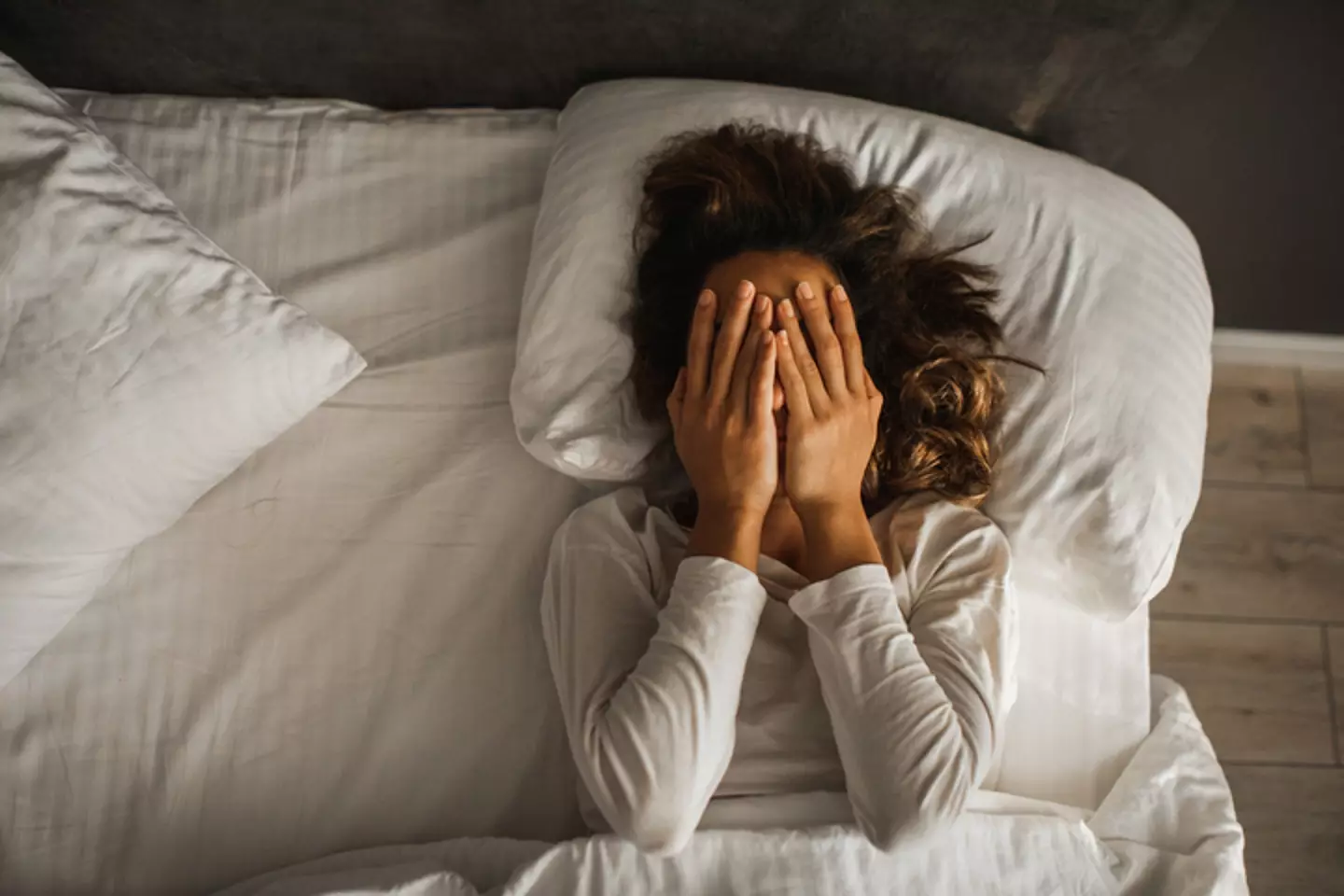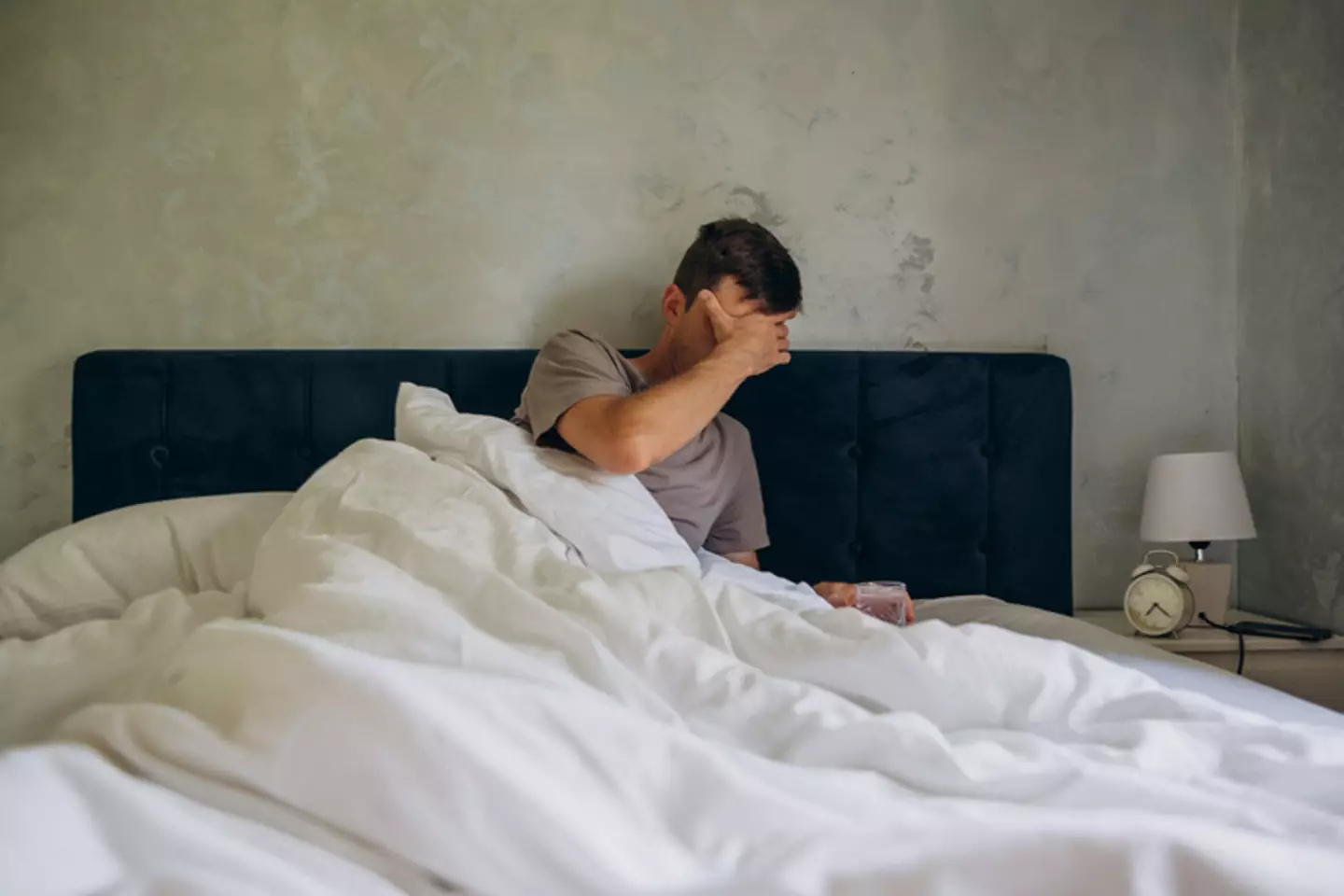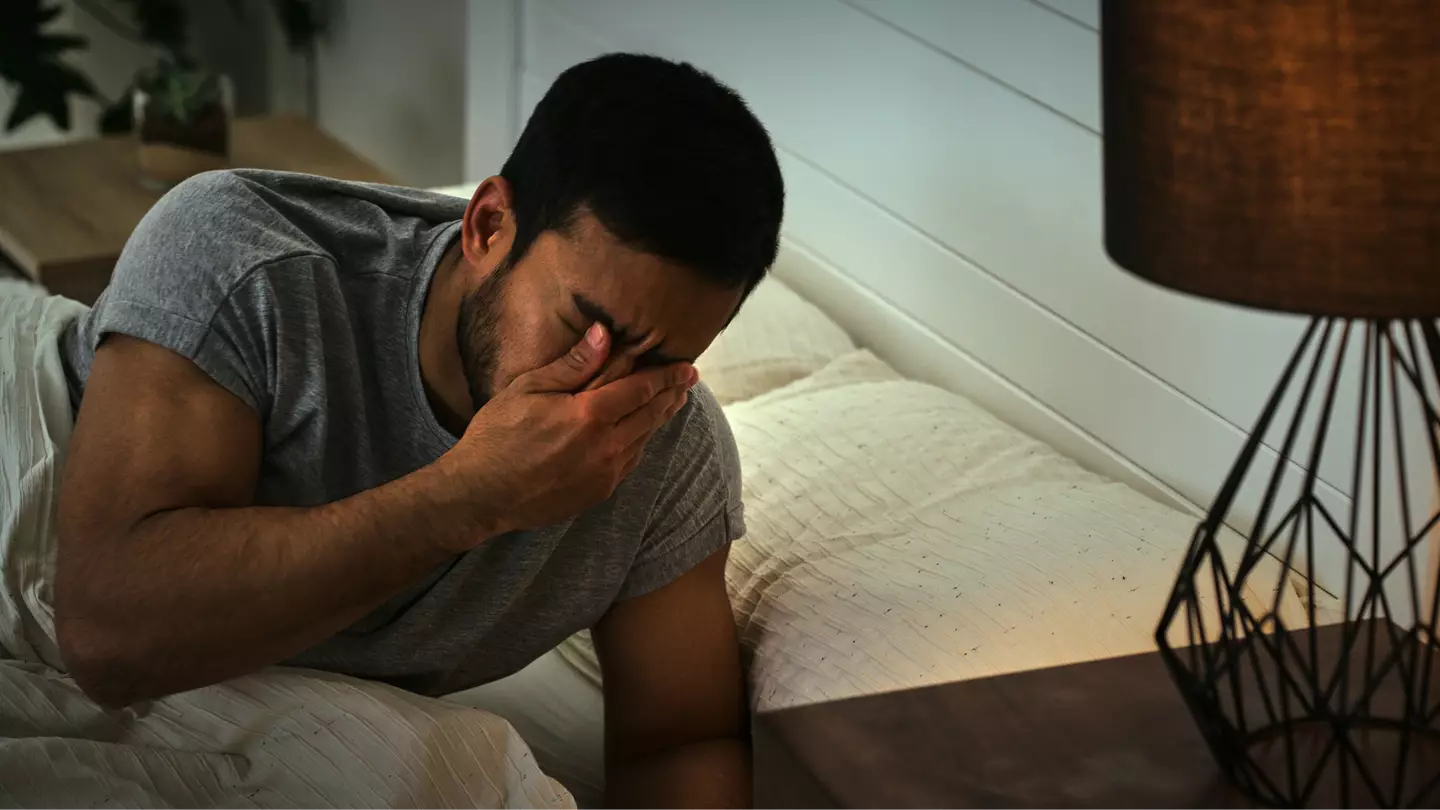Dr. Baland Jalal provides insight into the effects of sleep paralysis on the human body.
As an individual who has experienced this condition since his adolescence, the Harvard University researcher and renowned expert in this unsettling area shared his initial encounter with sleep paralysis in a conversation with CNN Health.
“I tried to call my mum (and) dad, but no words would emerge from my throat. I had this ominous presence of a monster, and it lifted my legs up and down,” he recounted.
“It strangled me, trying to kill me. And I was 100 percent sure that I was going to die. It literally feels like all the evil of the universe is condensed into a bubble, and it’s in your bedroom.”
So, what transpires in the body from a scientific standpoint during an episode of sleep paralysis?

The hallucination that Jalal experienced is a frequently reported occurrence among other sufferers, taking place as individuals transition in or out of REM (rapid eye movement) sleep.
Dr. Matthew P Walker, who is with the Center for Human Sleep Science at the University of California, Berkeley, explains that during this phase, the alert mind temporarily clashes with the still-asleep body. It is estimated that 30% of people worldwide will undergo this experience at least once in their lives, and it may persist for up to 20 minutes.
During REM sleep, the body is immobilized to prevent acting out dreams—imagine trying to run through your home in the middle of the night in slow motion. Sleep paralysis happens when you awaken during this difficult phase. You’re fully conscious, but your body remains unresponsive to the brain’s commands.
Dr. Walker added: “We regain consciousness before the muscles regain their freedom from REM-induced paralysis.”
Interestingly, Jalal noticed during his international travels that cultural beliefs influence how individuals interpret these eerie hallucinations.
For instance, in Italy and Egypt, people often report encountering witches or genies, whereas in Denmark, Poland, and parts of the United States, the lack of supernatural elements results in a less terrifying experience.

“Why do we see these monsters? Is it the dreaming imagery that’s spilling over into conscious awareness? My answer to that is, according to my research, no, not exactly. But it’s part of it,” he explained.
The expert suggests that when faced with paralysis, the brain’s instinctive response is to create a vivid and imaginative escape.
According to HealthLine, factors such as ‘stress or anxiety, sleep deprivation, narcolepsy, PTSD (post-traumatic stress disorder), jet lag, heartburn, or alcohol’ may contribute to the occurrence of sleep paralysis.
To prevent recurring episodes, some reliable strategies include establishing a healthier sleep routine.
‘Avoid going to sleep on a full stomach. Refrain from having caffeine and alcohol close to bedtime. Doing something relaxing before bed can also help you get a good night’s sleep,” the publication suggests.
“Sleep paralysis is more likely to happen when you sleep on your back since you’re more likely to be awoken from snoring or sleep apnea, so opt for any other position that’s comfortable. If you have the tendency to end up on your back even after falling asleep in another position, placing a pillow on either side can stop you from rolling over all the way.”

